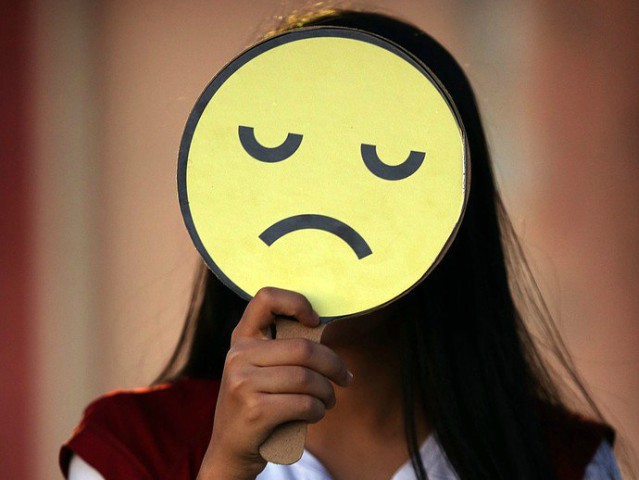Emojis are increasingly common in court cases, and the meanings behind these emojis are reportedly being argued during trials.
Santa Clara University law professor Eric Goldman has been tracking references to emojis in court cases since 2004, and discovered over 50 cases in 2018 alone which referenced emojis and emoticons.
The emojis and emoticons were referenced in cases as diverse as sexual predation, fraud, trademark disputes, various types of discrimination, and murder.
In 2018, a “winky face” emoji was referenced in a case about stalking, while a firearm emoji was referenced in a case about robbery.
In the same year, “Laughing face and skull” emojis were cited in a case about “Witness retaliation,” and this year, a heart emoji has already been referenced in an “Employment discrimination” case.
According to the Verge, “Bay Area prosecutors were trying to prove that a man arrested during a prostitution sting was guilty of pimping charges, and among the evidence was a series of Instagram DMs he’d allegedly sent to a woman,” which said, “Teamwork make the dream work” along with a “high heels and money bag emoji placed at the end.”
The defendant, however, reportedly “said it could mean he was trying to strike up a romantic relationship.”
“We’re going to see emojis show up more frequently when the case involves people talking to each other,” claimed Goldman to the Verge. “That can happen in criminal law, but it can happen in contract law as well. There’s a bunch of chatter that takes place before a contract is actually formed.”
“They show up as evidence, the courts have to acknowledge their existence, but often they’re immaterial… That’s why many judges decide to say ‘emoji omitted’ because they don’t think it’s relevant to the case at all,” he continued. “You could imagine if you got a winky face following the text sentence, you’re going to read that sentence very differently than without the winky face.”
Goldman added, “Judges need to be aware of the importance of the emojis to the overall communication when we run into these odd evidentiary issues… We need to make sure that the emoji get proper credit.”
The Department of Homeland Security and the FBI reportedly have the ability to track people who only communicate in emojis, and in 2016, the Museum of Modern Art added the world’s first set of emojis to its collection.
Charlie Nash is a reporter for Breitbart Tech. You can follow him on Twitter @MrNashington, or like his page at Facebook.

COMMENTS
Please let us know if you're having issues with commenting.